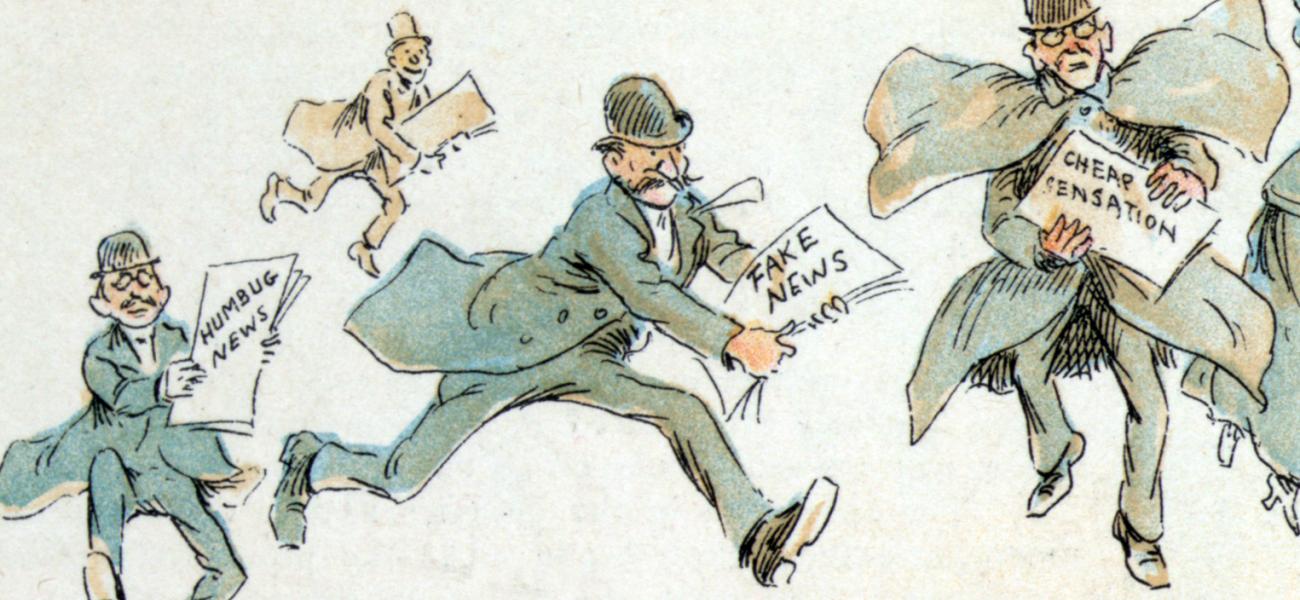
Russia and the Menace of Unreality
This is a summary of an article originally published by the Atlantic with the subheading: "How Vladimir Putin is revolutionizing information warfare."
The author discusses the Kremlin’s information warfare, citing Russian President Vladimir Putin’s spin on the term “Novorossiya” to show how easily the Russian propaganda machine can imagine something into being. The author claims that this new breed of authoritarian regime does not need the same coercive edge as past tyrannical governments. Instead, it relies heavily on controlling information. The current Russian government’s use of propaganda is different from how propaganda was used in the Soviet era. The Soviets were concerned with presenting their information as true, even if the narratives themselves seemed outlandish. According to Pomerantsev, in current Russian media narratives “the borders between fact and fiction have become utterly blurred.” The new purpose of Russian propaganda is not to convince people of its veracity, but to confuse and disrupt Western narratives. This propaganda has found fertile ground with Russian-speaking populations in the Baltic countries, as well as far-right voters in Europe. Pomerantsev warns that the rest of the West is in the midst of a crisis about a shared definition of “truth”—something that allows Russian propaganda to become more effective as it is seen as no less legitimate than any other truth.
Read the full text at the Atlantic.
Peter Pomerantsev
Peter Pomerantsev is the Kiev-born author of "Nothing is True and Everything is Possible: The Surreal Heart of the New Russia," an examination of the Kremlin's information warfare strategy. He is also a journalist and filmmaker.
Painting by Frederick Burr Opper shared in the public domain.
